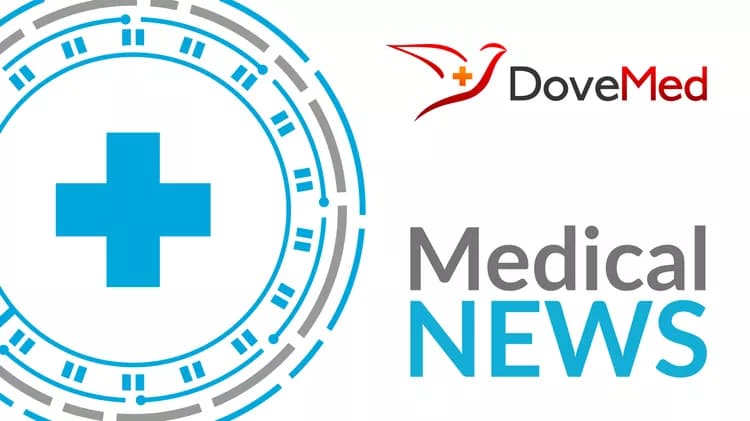
Study Challenges Evolution Of FOXP2 As Human-Specific Language Gene
FOXP2, a gene implicated in affecting speech and language, is held up as a textbook example of positive selection on a human-specific trait. But in a paper published August 2 in the journal Cell, researchers challenge this finding. Their analysis of genetic data from a diverse sample of modern people and Neanderthals saw no evidence for recent, human-specific selection of FOXP2 and revises the history of how we think humans acquired language."A paper published in 2002 (Enard et al., Nature 418, 869-872) claimed there was a selective sweep relatively recently in human evolutionary history that could largely account for our linguistic abilities and even help explain how modern humans were able to flourish so rapidly in Africa within the last 50-100,000 years," says senior author Brenna Henn, a population geneticist at Stony Brook University and UC Davis. "I was immediately interested in dating the selective sweep and re-analyzing FOXP2 with larger and more diverse datasets, especially in more African populations."
Henn says that when the original 2002 work was done, the researchers did not have access to the modern sequencing technology that now provides data on whole genomes, so they only analyzed a small fraction of the FOXP2 gene in about 20 individuals, most of whom were of Eurasian descent. "We wanted to test whether their hypothesis stood up against a larger, more diverse dataset that more explicitly controlled for human demography," she says.
FOXP2 is highly expressed during brain development and regulates some muscle movements, aiding in language production. When the gene isn't expressed, it causes a condition called specific language impairment in which people may perform normally on cognitive tests but cannot produce spoken language. FOXP2 has also been shown to regulate language-like behaviors in mice and songbirds.
"In the past five years, several archaic hominin genomes have been sequenced, and FOXP2 was among the first genes examined because it was so important and supposedly human specific," says first author Elizabeth Atkinson of Stony Brook University and the Broad Institute of Harvard and MIT. "But this new data threw a wrench in the 2002 paper's timeline, and it turns out that the FOXP2 mutations we thought to be human specific, aren't."
Atkinson and her colleagues assembled mostly publicly available data from diverse human genomes -- both modern and archaic -- and analyzed the entire FOXP2 gene while comparing it to the surrounding genetic information to better understand the context for its evolution. Despite attempting a series of different statistical tests, they were unable to replicate this idea that there was any positive selection occurring for FOXP2.
"FOXP2 is still a textbook example taught in every evolutionary biology class despite the recent data from archaic DNA," says co-author Sohini Ramachandran, an evolutionary and computational biologist at Brown University. "So while we're not questioning the functional work of FOXP2 or its role in language production, we're finding that the story of FOXP2 is really more complex than we'd ever imagined."
The researchers hope that this paper will serve as a template for other population geneticists to conduct similar projects on human evolutionary history in the future.
"We're interested in figuring out, on a genetic level, what makes us human," Henn says. "This paper shows how important it is to use a diverse set of humans in studying the evolution of all of us as a species. There's a severe Euro-centric bias in a lot of medical and other scientific studies, but we've found a scientific impetus for emphasizing diversity and inclusivity in data collection because it clearly yields more accurate results."
This research was funded by the National Institutes of Health and a Terman Fellowship.
Related Articles
Test Your Knowledge
Asked by users
Related Centers
Related Specialties
Related Physicians
Related Procedures
Related Resources
Join DoveHubs
and connect with fellow professionals

0 Comments
Please log in to post a comment.